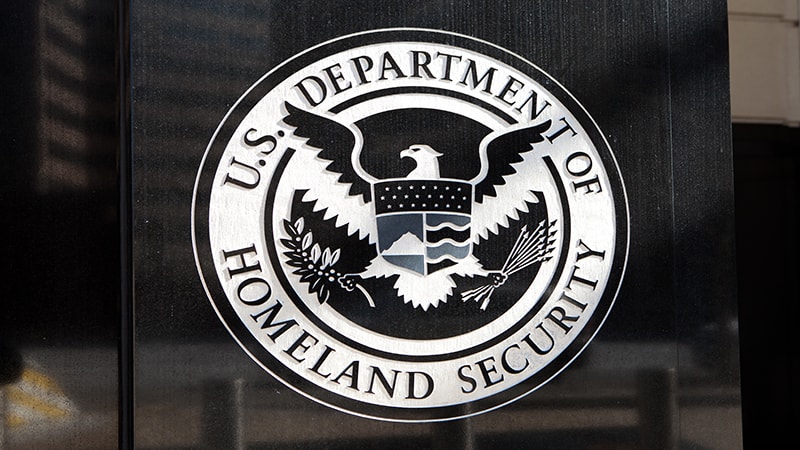
Several former senior Department of Homeland Security (DHS) officials today issued dire warnings that the ongoing partial Federal government shutdown–which has hit DHS particularly hard–is creating both immediate and lasting security problems for the U.S.
“We are in the midst of a security crisis–one of our own making, frankly,” said Jeh Johnson, who headed DHS and also served as general counsel of the Defense Department under President Obama, at a “discussion” event organized by Rep. Bennie Thompson, D.-Miss., chairman of the House Homeland Security Committee,
Johnson, who was notable for not issuing inflammatory invective in his public remarks while heading DHS, did not hold back on his feelings today. He and other former DHS officials explained the shutdown’s impact on security in terms of both DHS functions, and the agency’s workforce.
On the workforce front, Johnson decried the shutdown’s impact for “inflicting financial insecurity … on the very people we count on for our security,” by imposing “stress, hardship, and anger” in their personal lives.
The “breaking point” for some DHS employees, he said, “may come tomorrow when they miss a paycheck for the second this year.”
In particular, he cited stress imposed on employees of the Transportation Security Administration (TSA), Secret Service, and the Coast Guard, where many employees have been required to work without pay, and said the shutdown was likely to lead to problems in fighting high attrition rates at Secret Service, and in Coast Guard recruits “deciding to go to another service.”
“From a security standpoint, we are letting our guard down,” Johnson said, while warning that if the shutdown ended tomorrow, “I fear the damage already done” to security may endure for “months, if not years.”
His message to both political parties and both Congress and the White House: “It’s time for leadership to get back to the basics of governing.”
Retired Adm. Peter Neffenger, who headed TSA under President Obama and was also Vice Commandant of the Coast Guard, said he had no doubt that even if not getting paid, members of both organizations “if they are on the job, they will do the job, and they will show up.”
But, he said, “I would agree that there is a breaking point, and I don’t know where that is …There comes a point when you have to take care of yourself.” He added, “You’ll begin to lose people … Because they will do something else.”
Tim Manning, former Deputy Administrator for Protection and National Preparedness at the Federal Emergency Management Agency, said he was afraid that the shutdown “is having a long-term, extremely detrimental effect on the nation’s ability to respond to disasters and acts of terrorism.”
Of the possibility of a “catastrophic incident” occurring while government operations are hobbled by the shutdown, he said, “My fear is … there will be nobody there to deal with it.”
Manning lauded the devotion of FEMA employees to their work, but also recounted recent talks with employees who want to change jobs. “Without exception, all of the people I have talked to are looking for new work,” he said, adding, “They don’t want to leave but they can’t not find new work … This is a loss to the nation that will be hard to fill.”
On the operational front, he said the shutdown has halted numerous FEMA training programs for first responders, and warned “it will take years” to backfill those lost opportunities for training.
“I fear this will have long lasting effects … months, if not years, to recover from,” he said. “I feel like we are rolling the dice” on future emergencies.
And finally, the head of a major Federal government employee union blasted the impact of the shutdown on Federal employees who are working but not getting paid.
J. David Cox Sr., national president of the National Treasury Employees Union, said that many TSA employees, who make between $28,000 and $40,000 per year, “cannot continue to exist and survive” without getting paid. “It’s unconscionable, a disgrace, and a shame on this country when we are allowing these things to happen,” he said.
He also pointed out that contracts between the government and federal unions do not allow employees to walk off the job for any reason. “Federal employees are being held hostage” during the shutdown, he concluded.
